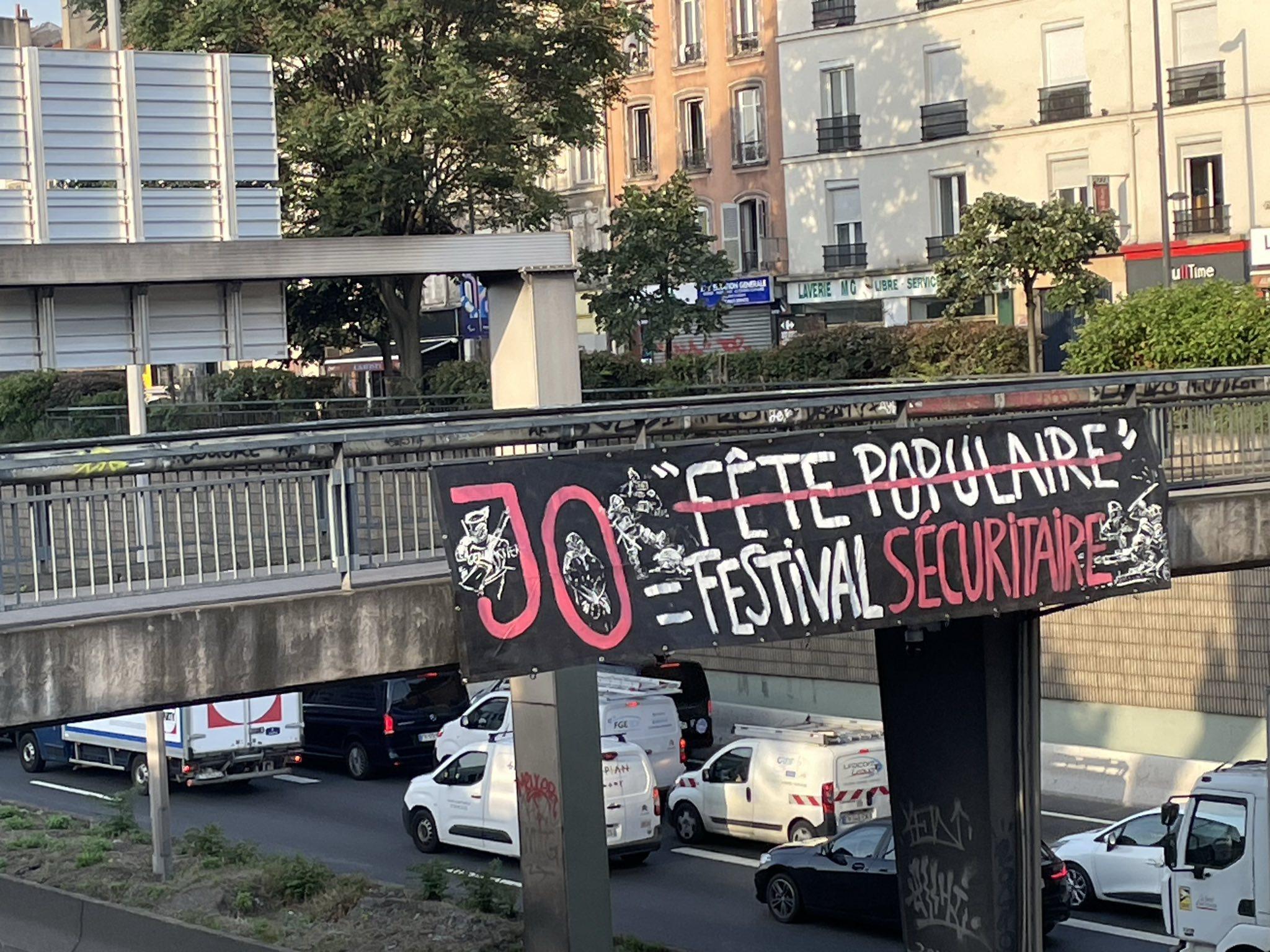The pro-Maduro left attributes internal problems to American sanctions, but it is impossible to ignore the loss of labour rights and persecution of social leaders
Venezuela has seen widespread confrontations and faces the possibility of a coup d’état following presidential elections marked by mutual disqualification between the two main candidates, and premature victory claims from both sides. On one side is a ruling party blamed for authoritarianism, that has lost support due to internal strife and U.S. sanctions. On the other, a right-wing opposition backed by external forces that is apparently shocked by Maduro’s victory.
On July 28, Elvis Amoroso, president of the National Electoral Council (Consejo Nacional Electoral, CNE), announced a “resounding and irreversible trend” in favour of the ruling party, declaring Nicolás Maduro president for the 2025-2031 term. Edmundo González, the main rival of the ruling party, refused to recognise the results, citing numerous complaints of electoral violations, which the authorities have promised to review.
The opposition, which repeatedly emphasised the popular desire to oust the ruling party from Miraflores, did not present a clear plan during the campaign in case of Maduro’s re-election. Opposition leader María Corina Machado, unable to run as a candidate by having called for a U.S. intervention in 2019 —breaking Venezuelan law—, asserted that the movement won not only politically and morally, but also at the polls.
As expected, U.S. polling agencies dismissed the results as absurd, noting that trends favoured the opposition 3:2, and U.S. Secretary of State Antony Blinken has expressed that Washington has “serious concerns that the result announced does not reflect the will or the votes of the Venezuelan people”.
In Latin America, rejecting electoral victories is a common practice, and in Venezuela, it has become a long-standing tradition since 2002, aimed at discrediting any result unfavourable to American imperialism. Although this scenario has been repeatedly played out in the Caribbean nation, the international response this time has differed from previous occasions. Excluding the predictable responses from the blocs formed by the U.S., UK, and the EU, as well as states that have historically been staunch defenders of the Chavista and Maduro regimes, such as China, Russia, Cuba, and Nicaragua, regional governments like Brazil, Colombia, and Mexico have remained neutral, calling for a review of the electoral records before rushing to condemn or approve the results.
In the Venezuelan context, the pro-Maduro left attributes internal problems, which the opposition blames on the Maduro regime, to U.S. sanctions. In past years these blockades have caused shortages of food and medicine, leading to an alarming exodus of over 8 million refugees and the deaths of thousands of Venezuelans. It has now become a scarecrow in the region, to the detriment of other left-wing movements.
Yet historical allies of Hugo Chávez and Nicolás Maduro, such as the Communist Party of Venezuela (Partido Comunista de Venezuela, PCV) or the Workers’ League for Socialism (Liga de Trabajadores por el Socialismo, LTS), have distanced themselves from the Maduro regime, which they accuse of being authoritarian. Although there are numerous external factors threatening Venezuela, it is impossible to ignore the loss of labour rights and the persecution of social leaders. At the same time, it appears that the right-wing opposition repeatedly attempt assaults on the government only because of ongoing financing and guidance from external groups, along with complicit international media support.
~ Mateo Sgambati
Photo: Groups protest in Valencia, Venezuela, 29 July 2024 — Juan Carlos Hernandez / AFP








